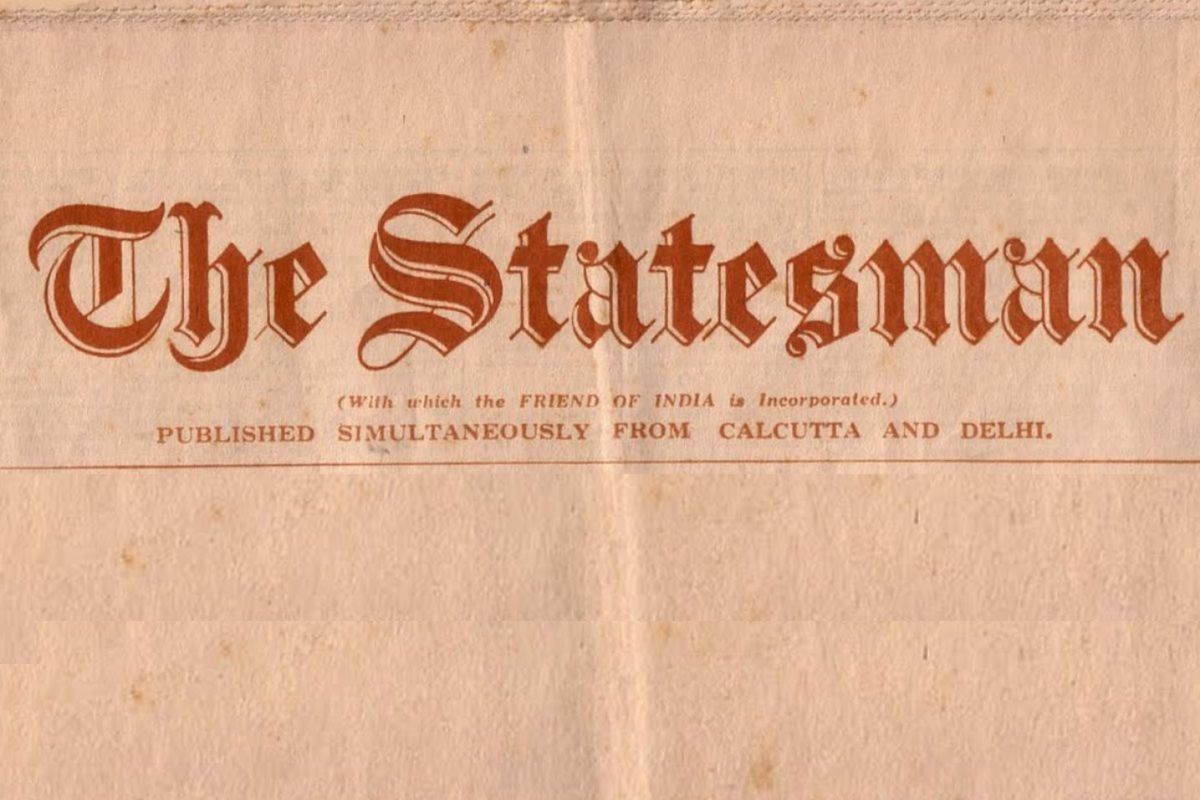OCCASIONAL NOTE
Judging from the various books that have appeared in Germany since the Armistice, the Huns are still wondering why they lost the war; and in a review of Admiral von Tirpitz’s contribution Mr. Pollen is obliging enough to enlighten them to some extent. The explanation, according to this view, may be summed up in the words “Too late.” Mr. Pollen states that in August, 1914, the margin of British naval strength over that of Germany was only 20 per cent – a humiliating fact, but one which seems to be generally admitted. If the Germans had been able to screw themselves at once up to the point which they reached in 1916, namely, the decision to risk all, or nearly all, upon a fleet action they might have done something. “In 1916,” writes Mr. Pollen, in the Sunday Times, “the (German) fleet regalvanised into its first fighting enthusiasm, made the sortie which resulted in Jutland. In August, 1914, our superiority was just twenty per cent. At Jutland we had a 70 per cent superiority. And then in 1917 the real submarine blockade was begun, and as events proved, this was too late also”. In fact, the Germans lost the war because they lost the sea, and they lost the sea because they lost their nerve at the very beginning of the struggle. And why did they lose their nerve? Perhaps even would now admit that the utter wrongness of their cause and conduct tended to weigh a little upon them.
Advertisement
RAILWAY SMASH AT RANAGHAT
A serious railway accident resulting in five wagons being smashed and several people injured took place on Friday night between Madanpur and Simurali Stations, on the Eastern Bengal Railway. At a distance of 34 miles from Sealdah in the jurisdiction of the Ranaghat Railway Police. It appears that at 10 P.M., an up goods train left Madanpur Station for Simurali when a coupling broke and the train parted. The driver had no notice of the parting and the first half continued to proceed, the latter half coming to a standstill. Before the accident could be intimated to the station master of Madanpur, he allowed the 19 up passenger train which had left Sealdah at 9 P.M., to proceed. The up and down lines which were blocked for some hours, were cleared by 6 A.M. on the following day.
INDIA S GRATITUDE
DELHI, JAN 17
The Hon. Mr. Sachchidananda Sinha has issued notice of the following resolution, to be moved at the Imperial Legislative Council on January 30: That this Council recommends to the Governor-General in Council that he may be pleased to transmit, through the proper channel, to His Majesty the King-Emperor the following humble representation: That this Council begs leave to tender to His Most Gracious Majesty the King-Emperor its dutiful homage and loyal devotion and to express its sense of profound gratefulness for the Royal Proclamation issued by His majesty on the memorable occasion of his having given his Royal assent to the Government of India Bill, declaring, as the proclamation does the noble and lofty principles of Government which are to guide, in future.
AEROPLANE SERVICES IN INDIA
The Civil and Military Gazette learns from an authoritative source that arrangements for aeroplane services in India are in many instances almost completed. The schemes for the main part are projected by private enterprise, and the firms in question are now engaged in negotiations with the Government of India for permits. One of the most ambitious, and one for which arrangements are far advanced, is a scheme by the Ford Automobiles (India) Limited, to run, first a mail service, and later a passenger service, from Bombay to Lahore, and eventually from Lahore to Calcutta. It is understood that aeroplanes for this work are already in Bombay and that pilots have already been engaged.
BASRA TO BAGDAD
The special train which made the first journey on the Basra-Bagdad Railway left Basra just after midnight on January 13th and arrived at Khird depot, a few miles short of Bagdad, on the morning of the 15th. The train conveyed a representative party, including British military and civil officers and ladies and Arab sheikhs. On the afternoon of the 15th the train went into Bagdad south station where Lady MacMunt in the presence of a large gathering, fastened with a silver spanner the last length of rail necessary to complete the connection. Sir George MacMunt blew a whistle and signalled the train, which was drawn by a be-flagged engine across the completing link. The train went on to Bagdad west station, where Sir George MacMunt in a short speech referred in appreciative terns to the work of the Railway Department during the war.











